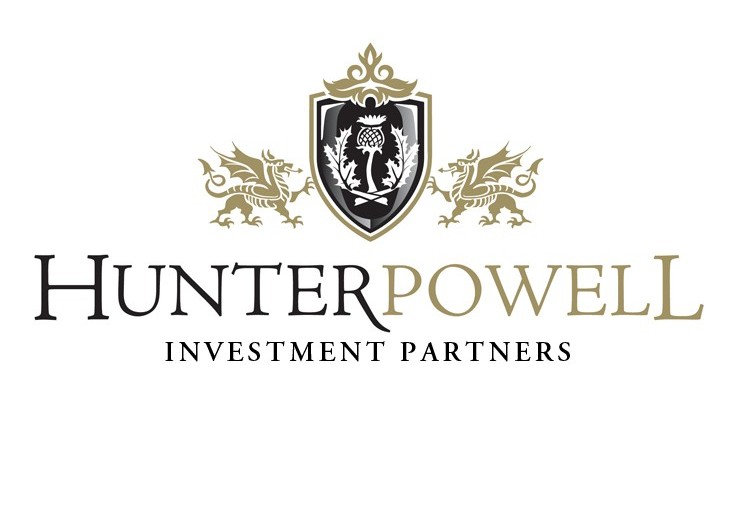We can do it in New Zealand too!
Since the publication of the Bolton Report in 1971 the contribution of small and medium-sized enterprises (SME’s) to economic growth, job creation, innovation and promotion of enterprise has been widely recognised in the developed world. While SME’s are important in terms of their overall share of GDP, it is also acknowledged that many smaller firms lack the managerial and technical skills, which inhibits their effectiveness.
In the first four years of the first Thatcher government, more than one hundred SME-related policies were introduced (Beesley and Wilson, 1984). And the Competitiveness White Papers published during the 1990s acknowledged that small firms, particularly those that were growing rapidly, could make important contributions to competitiveness (Johnson et al., 2000).
So – in October 2011, we started a Linked In Group called the New Zealand SME Networking Group. The Group was formed in recognition of the fact that 97% of all NZ businesses are SME’s (employing 19 or fewer people), yet we get very limited support despite the positive economic impact this sector could have on New Zealand.
Our objective is to provide support, in the form of practical initiatives, to SME Business owners by those who have successfully grown SME’s here & abroad.
It is our intention to form a working party to draft a White Paper for Government, in cooperation with the Minister of Small Business and Associate Minister of Commerce, Hon. John Banks, who has already been very supportive. Following a recent meeting with Banksie, he has offered the full resources of his electoral office as a secretariat.
Banksie clearly demonstrated to Sharon Hunter and I that he understands SME’s; he has been in business for 40 years, mostly in parallel to his political career, and implicitly understands the issues at a practical level. He cited a number of examples where established businesses, some with many decades of trading history, are in real trouble and the long awaited economic recovery, that faint glimmer on the horizon, may be too little, too late when it finally comes.
While it is our intention to work constructively with Government, we are not waiting for help in any form. And, after talking to Banskie over lunch (which he paid for, btw) we are convinced that by pooling ideas from the SME Group, together with other business leaders, including the Minister and his team, we should be able to generate a range of practical growth initiatives to stimulate our SME businesses and, at a macro level, our country economically.
We now have over 350 members, many of whom are successful entrepreneurs or senior corporate managers who have generously pledged pro bono time to work on developing initiatives to lift NZ’s SME performance. Many are KEA members – Kiwi Entrepreneurs Abroad who are highly motivated to see New Zealand lift out of the doldrums.
We will keep you updated both here, on our web site, and in the New Zealand SME Networking (Linked In) Group on progress.
Next week we will release a short study done by one of our members, Steve Norrie, Director of Streetwise Consulting Ltd. Steve has addressed a major issue, bank lending to SME’s. SME’s depend heavily on access to capital from their bankers. Banks repeatedly claim that they are continuing to support Kiwi businesses, but the facts say something different.
Please join The Group on Linked in¨ http://www.linkedin.com/groups?gid=4202444&trk=myg_ugrp_ovr
Tenby Powell is a Director of Hunter Powell Investment Partners
